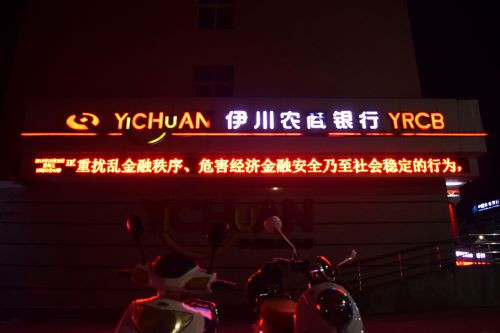Lenders have been receiving a high volume of over-the-counter requests for small loans in rural areas despite recent liquidity issues. Despite rumors surfacing that China is experiencing an economic decline and that its financial market is suffering, the increased financial activity urged the banks to assure clients that bank deposits are at a healthy state.
According to Reuters, rural lenders in Henan province, China continues to receive higher volumes of over-the-counter requests for small loans last Tuesday. Operations at the Yichuan Rural Commercial Bank branches were slower due to the increased financial activity.
The said financial activity was pegged as a sign that banks in China continue to experience stable financial health amidst liquidity rumors.
Just earlier this year, government seizures were conducted on Baoshang Bank after the latter was perceived to have concealed the true financial health of its institution. Moreover, a state rescue on Hengfeng Bank and Jinzhou Bank was also conducted for the same sentiments.
China then imposed stricter methods on assessing the shareholder structure of small banks. Despite these, Yichuan Bank claimed that they still possess sufficient assets, acquire interests from its depositors, and continue to enjoy good business operation and management functions.
Since the last quarter of 2018, Yichuan's worth was at 53.3 billion yuan. Its bad-loan ratio was also 2.95 percent higher than the industry according to the credit report by Chengxin International Credit Rating Co (CCXI).
A woman was also arrested and detained for five days for spreading false rumors about public order regarding the financial market, reported CNBC. Yichuan then reassured its depositors that their interests are protected by laws and that the rumors did not pose any threat to their accounts.
Yichuan deposits are also covered by a government insurance program. At present, it has 116 shareholders controlled by Kang. The latter holds about a 10.86 percent stake. The bank also has a tier-1 capital ratio of 9.18 percent for this year's first half.
Conversely, the head of Greater China research at OCBC Bank in Singapore Tommy Xie said that the loan prime rate-fixing this month also manifested that the room for credit must be limited.
China has not changed its benchmark lending rate when the lenders expected a third cut after the country's economic growth has slowed in the third quarter, its weakest growth rate in decades. The market watchers were under the impression that limiting the loans had been constrained due to hastening consumer inflation.





